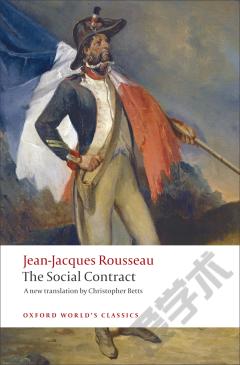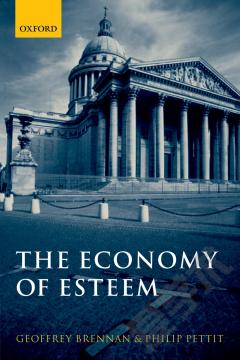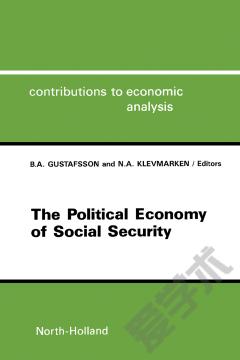Discourse on Political Economy and The Social Contract
Censored in its own time, the Social Contract (1762) remains a key source of democratic belief and is one of the classics of political theory. It argues concisely but eloquently, that the basis of any legitimate society must be the agreement of its members. As humans we were `born free' and our subjection to government must be freely accepted. Rousseau is essentially a radical thinker, and in a broad sense a revolutionary. He insisted on the sovereignty of the people, and made some provocative statements that are still highly controversial. His greatest contribution to political thought is the concept of the general will, which unites individuals through their common self-interest, thus validating the society in which they live and the constraints it imposes on them. This new translation is fully annotated and indexed. The volume also contains the opening chapter of the manuscript version of the Contract, together with the long article on Political Economy, a work traditionally between the Contract and Rousseau's earlier masterpiece, the Discourse on Inequality.
{{comment.content}}








 京公网安备 11010802027623号
京公网安备 11010802027623号